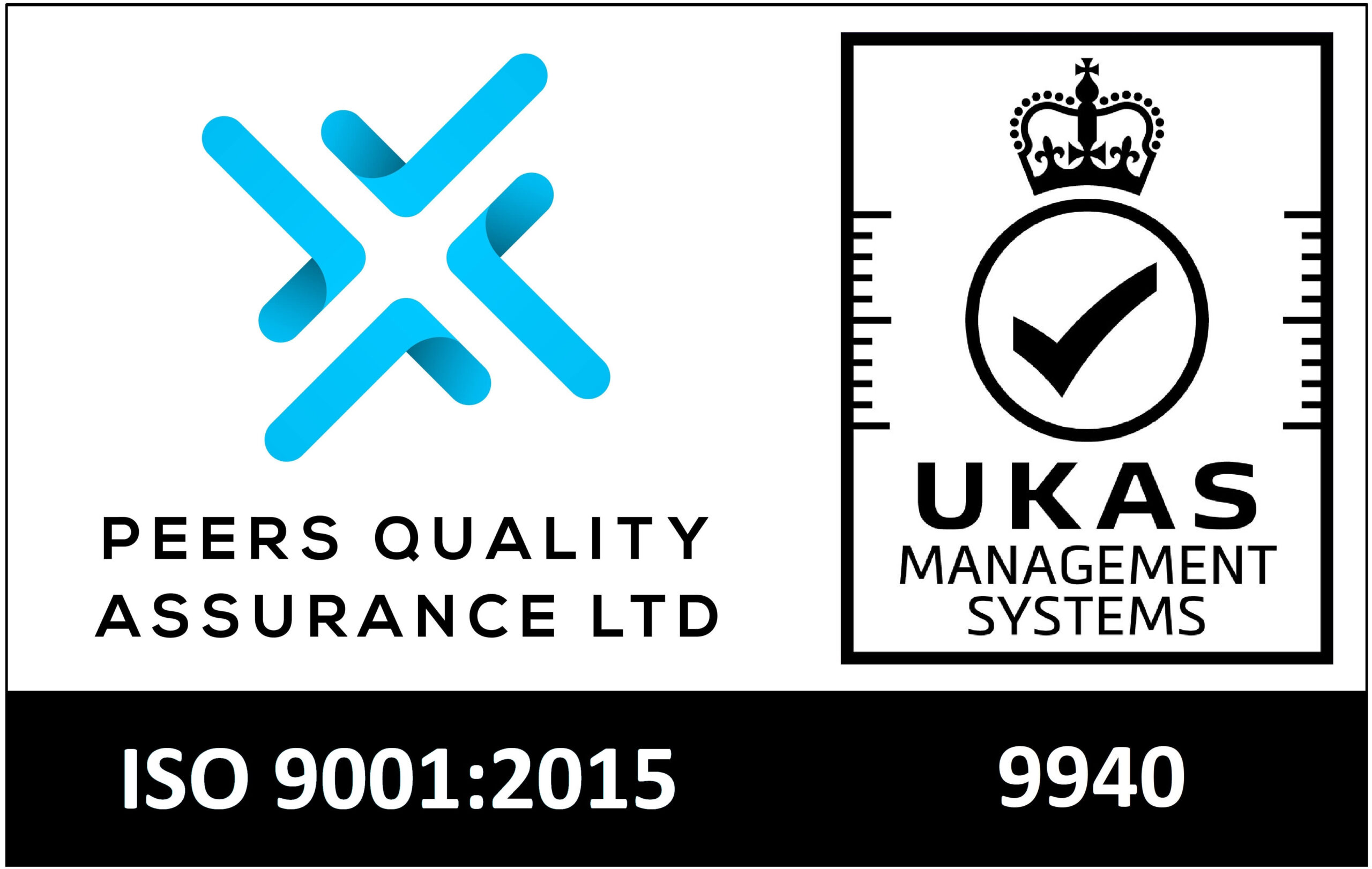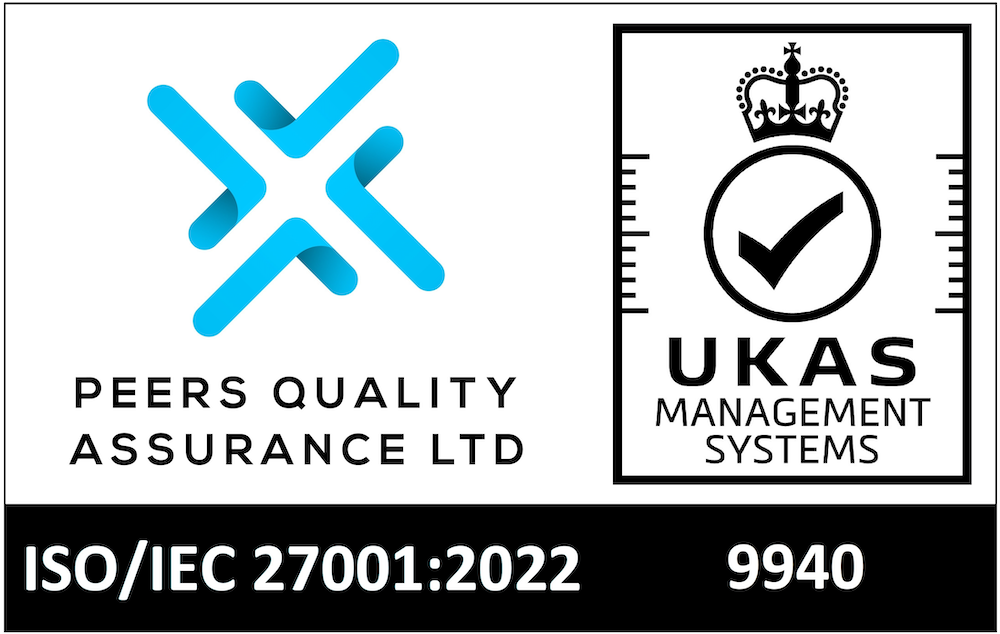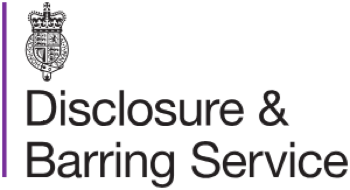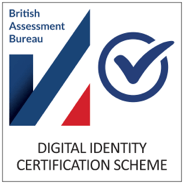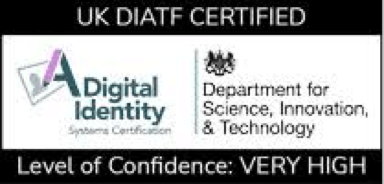Author: Joey Lyons
Air travel is big business and airports are hives of activity, with arrivals and departures from global destinations and regional airports. While airports used to focus on travel with some hospitality outlets, they’ve now transformed into key retail and dining experiences that are so well developed that you could forget you’re in an airport at times.
What checks do you need to work in an airport?
In terms of staffing, the number of personnel employed by airports and the retailers that operate within the airports has grown dramatically. However, security in and around airports reflects some of the most secure environments in the UK, with different levels of clearance required to access each area.
Airports are split into two main areas – Landside and Airside. We’ll review what this means for airport employers and also set out what potential airport employees can expect when considering an airside role.
What is ‘Landside’?
Landside is the part of the airport that most members of the general public can enjoy without having to have a ticket to fly. The area before security, landside means that you can explore the shops and cafes freely and pick up a coffee if you are waiting for a flight to land.
For staff that will only work ‘Landside’ and are not required to work beyond security, the airport may require them to undergo a set of pre-employment checks. This may differ depending on the airport or the airport group.
What is ‘Airside’?
Once you pass through security, you will be considered to be ‘airside’. For travellers, this means that they’ve passed through to a high-security area. It is unlikely that travellers will need to pass back through security before boarding their plane – and it is unlikely that they would be able to return airside.
However, for airport employees, they may have to pass back and forth between airside and landside several times a shift. While airport employees may be able to move through security, they will still have to proceed through metal detectors and security checks. In addition, every single employee that can work on the airside of an airport will have to undergo pre-employment vetting before they begin working at the airport. This is the case for all employees, from baggage handlers and passenger transport assistants to retail assistants, baristas and cleaning teams.
What is an Airside Pass?
Every airport will have their own staff vetting procedures that employees will have to undertake before they can start working airside. However, there is a set of standardised checks that all airside staff will have to undergo in order to secure an ‘Airside Pass’.
An Airside Pass will check your identity, using official documentation such as a passport and it will also review your right to live and work in the UK. It is also usual for potential employees that will work in financial roles, such as a currency exchange, to undergo a financial check. In addition, employers at airports will require employment checks that date back over five years and they will need you to address any gaps in employment that are 28 days or over.
Many airports will require you to undergo a DBS check.
Airside Pass at Checkback
At Checkback, we are Airside Pass specialists, working with many of the UK’s airports to ensure pre-employment vetting is carried out reliably.
What sets us aside from other providers is our speed and diligence. Leveraging the latest technology, we have integrated our software with external agencies to enable us to complete Right to Work checks, ID checks and criminal record history checks quickly and efficiently.
At Checkback, we’ve developed our Airside Pass product to ensure that it meets the Aviation and Maritime Security Act 1990’s strict criteria.
Whether you are planning to work at London Heathrow and require Heathrow Airside Pass or you’re in HR at one of the UK’s other bustling aviation hubs, these are the checks that potential employees will need to undertake prior to employment.
What does Checkback’s Airside Pass check include?
- Basic Disclosure (Criminal Record Check)
A Disclosure and Barring Service checks, also known as a DBS check and previously known as CRB checks, will be required. There are three levels of DBS check – Basic, Standard and Enhanced. Applicants for an Airside Pass will normally require a basic DBS check. A Basic DBS check shows details of any ‘unspent’ convictions and conditional. If any offences are returned on the check will be down to the employer to decide if the position will be awarded to the applicant. - International Criminal Record Check, where relevant
- 5-year Work Check
5-year history verification with employment, self-employment, educational and benefits references - Gap Checks
At Checkback, we will also review, upon request, career gaps that are over 28 days. These may require additional evidence, such as personal references or documentary evidence of extended travel. A Personal Character reference will require a referee to know the candidate in a professional capacity, or within a personal capacity, for a minimum of of two years continuous connection. - Proof of ID
- Proof of address
- Right to Work
Airport Known Consignor
A Known Consignor check is another way of meeting the high standards set by Air Cargo security. With a Known Consignor check, it means that cargo that originates from Known Consignor will not require any further examination before it is loaded onto an aircraft.
At Checkback, we undertake quick and effective Known Consignor checks which will allow you to act as a Known Consignor and ship cargo as SPX from source.
In the UK, the department that is responsible for overseeing and implementing aviation security legislation is the Department for Transport (DfT). The DfT supplies directives to air carriers and regulated agents that instructs them on the circumstances in which they can accept cargo as secure.
If you have passed the known consignor clearance, you will be expected to adhere to the written guidelines as set out in Regulation (EC) No 300/2008 of the European Parliament and of the Council on common rules in the field of civil aviation security. You may also be audited against these regulations.
Part of the requirement of known consignor is compliance with the guidelines, and, as part of this compliance, a background check on staff is required. At Checkback, we carry out these checks on your behalf.
What are the Screening Checks for Airport Known Consignor
All companies that wish to be approved as Known Consignor will be required to apply to the DfT for the locations for which Known Consignor status is required. With a full list of known locations, the staff at each of those locations will be subject to an inspection, with the following checks required to be completed for the auditors.
Known Consignor Checks
- Five-year history checks to include employment, self-employment, educational and benefits references
- Revenue and customs records to cover any gaps in the career history
- Character references to cover gaps over 28 days
- Declarations or Basic Disclosure (whichever is appropriate for the role) of criminal record checks
- Proof of ID
- Proof of address
- Right to Work
Ready to start your Airside Pass or Known Consignor checks?
Complete our More Information form and we’ll respond within 24 hours. You can also call us on 01442 816 333 and speak with one of our specialist screening experts if you feel your requirements are particularly complex.

